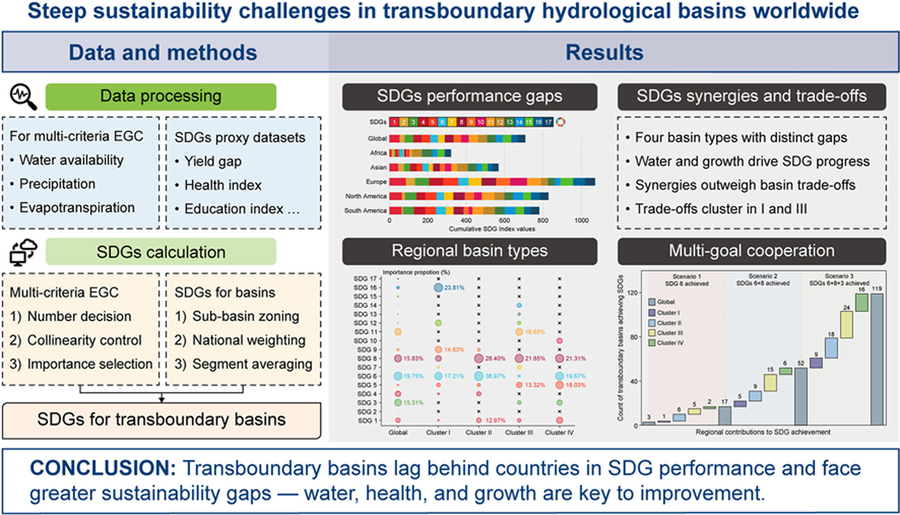Gone are those days when the old Parisian methods of classic haute couture designs where several hands used to sweat for countless hours to realize the dream of the designer with the focus strictly laying in the appearance and quality. Obviously, none was bothered about the environmental impact of the ingredients used to create those masterpieces back then. But when we are in 21st century, apart from producing bespoke designs that would satisfy the consumer demand, environmental responsibility has become imperative.
Fashion houses across the world have been seen to be conscious about the responsibility towards the environmental impact. Farah Naz from New York was no exception. She did her graduations from Parsons School of Design, New York and opened up her eponymous brand in 2018. We reached the fashion brand to know about their programs and planning regarding responsible business practices and we came to know about their existing range of evening wears and ready to wear product line ups which are packed up with sustainable fabric usages as well as keeping the elegant vibes of classic haute couture designs.
While their fundamental mantra of designs is embedded in the combination of two factors ‘portability’ with ‘looking good’, they have a dedicated product range for each sustainable fashion, haute couture and a permutation of these two. Their premium haute couture evening wear includes Sequins Fitted Train Gown, Little Black Dress, Embroidered Lace Jumpsuit, Pearls Gown etc. Whereas their sustainable clothing line includes Organic Straight Cut Jeans, Silk Earthsavor Dress etc., manufactured with eco-friendly fabrics. The brand offers some haute couture clothing range which are sustainable as well pulling out the best of the royal experience of haute couture.
With the time, when most are gradually becoming alert in one way or other about their obligations to show responsibilities towards the mother earth, high end fashion brands like Farah Naz New York will definitely set inspirations to lesser-known brands to become more committed towards their onus towards environment.














